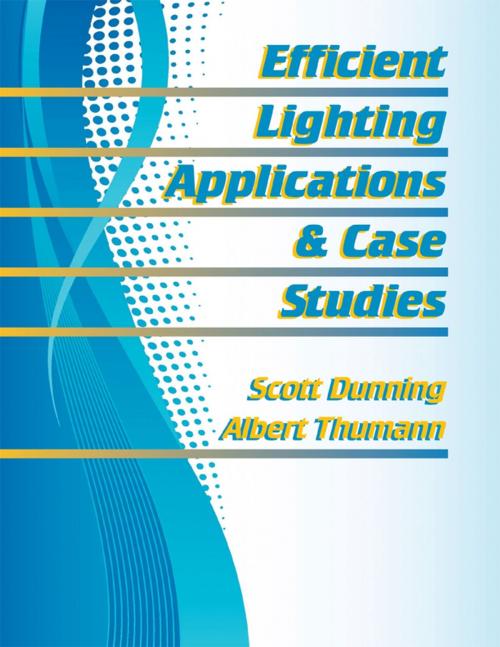Efficient Lighting Applications & Case Studies
Nonfiction, Science & Nature, Technology, Engineering| Author: | Albert Thumann, Scott Dunning | ISBN: | 9781304233363 |
| Publisher: | Lulu.com | Publication: | July 16, 2013 |
| Imprint: | Lulu.com | Language: | English |
| Author: | Albert Thumann, Scott Dunning |
| ISBN: | 9781304233363 |
| Publisher: | Lulu.com |
| Publication: | July 16, 2013 |
| Imprint: | Lulu.com |
| Language: | English |
With the increased concern for facility energy conservation in recent years, much attention has been focused on lighting energy consumption and the methods for reducing it. Along with this concern for energy efficient lighting has come the realization that lighting has profound effects on worker productivity, as well as important aesthetic qualities. With this understanding in mind, this book presents an introduction to effective lighting design, and an examination of energy efficiency measures which can be implemented while simultaneously maintaining the required quality of illumination. Topics include lighting energy management, selection of lamps, task lighting, lighting design, lighting control, use of reflectors, ballast selection, natural daylighting, wireless lighting control, and case studies.
With the increased concern for facility energy conservation in recent years, much attention has been focused on lighting energy consumption and the methods for reducing it. Along with this concern for energy efficient lighting has come the realization that lighting has profound effects on worker productivity, as well as important aesthetic qualities. With this understanding in mind, this book presents an introduction to effective lighting design, and an examination of energy efficiency measures which can be implemented while simultaneously maintaining the required quality of illumination. Topics include lighting energy management, selection of lamps, task lighting, lighting design, lighting control, use of reflectors, ballast selection, natural daylighting, wireless lighting control, and case studies.















